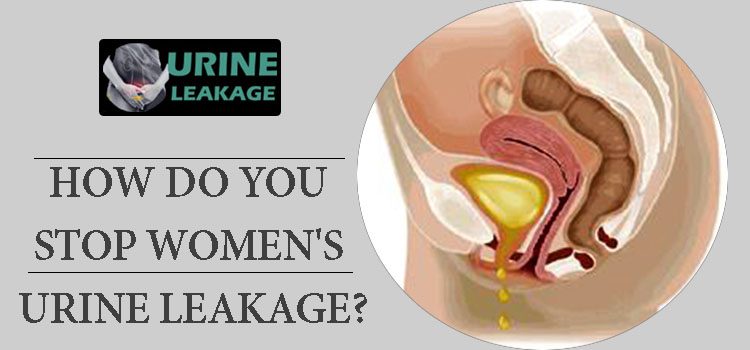
Urinary incontinence, or the inability to control one’s bladder, is a frequent and unpleasant condition. The intensity may vary from sometimes spilling pee when you cough or sneeze to having a sudden and intense need to urinate that prevents you from reaching a bathroom in time.
Urinary incontinence is not a natural part of ageing, but it does become more common as individuals grow older. If urine incontinence is interfering with your everyday activities, contact your doctor. Symptoms of urine incontinence may usually be treated with easy lifestyle and dietary modifications, as well as medical attention.
Symptoms
Many individuals have small pee leaks from time to time. Others may have a greater tendency to lose modest to moderate volumes of pee.
Stress incontinence is one kind of urine incontinence. Coughing, sneezing, laughing, exercising, or lifting anything heavy puts strain on your bladder, causing urine to flow.
- You have a strong desire to be incontinent. You suddenly feel a strong need to pee, which is followed by an involuntary loss of urine. You may need to urinate often, even at night. Urge incontinence may be caused by a small ailment, such as an infection, or a more serious ailment, such as diabetes or a neurological disease.
- Incontinence due to overflow. Due to a bladder that does not empty fully, you suffer frequent or continuous dribbling of pee.
- Incontinence that is not due to a medical condition. You are unable to make it to the restroom on time due to a physical or mental disability. You may not be able to unbutton your trousers fast enough if you have severe arthritis, for example.
- Incontinence that is a combination of the above. You have more than one kind of urine incontinence; most often, this is a mix of stress and urge incontinence.
Diagnosis
It’s critical to figure out which kind of urine incontinence you have, and your symptoms may frequently inform your doctor. Treatment choices will be based on this information.
Your doctor will most likely begin by taking a detailed medical history and doing a physical examination. You may next be asked to do a basic movement, such as coughing, to show incontinence.
Following that, your doctor is likely to suggest:
- Urinalysis. Your urine is tested for indications of infection, blood traces, and other anomalies.
- Keep a bladder diary. You keep track of how much you drink, when you pee, how much urine you make, if you felt a desire to urinate, and how many incontinence episodes you had over the course of many days.
- Measurement of residuals after voiding. You will be asked to pee (void) into a container that will record your urine production. The quantity of residual pee in your bladder is then measured using a catheter or an ultrasound test by your doctor. A significant quantity of pee remaining in your bladder may indicate a urinary tract blockage or an issue with your bladder nerves or muscles.
You can get help from Dr. H.B Shandilya, Ayurvedacharya (B.A.M.M.S) Bachelor of Ayurveda with Mordern Medicine & Surgery Institutionally qualified from a renowned Govt. Ayurvedic College Lucknow under Lucknow University.


